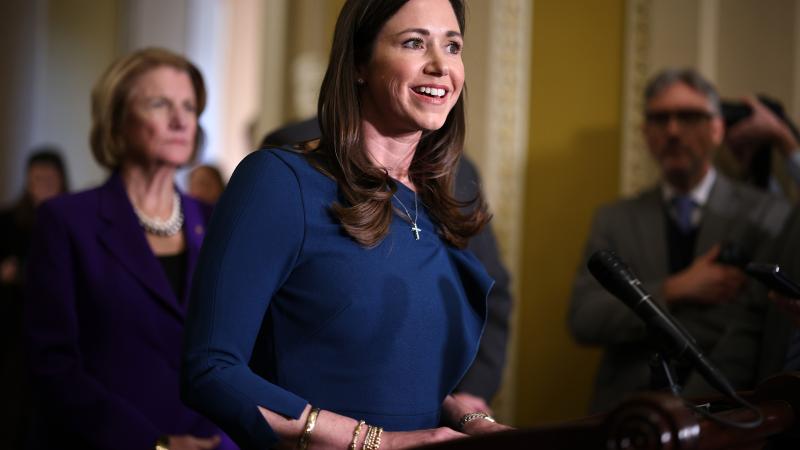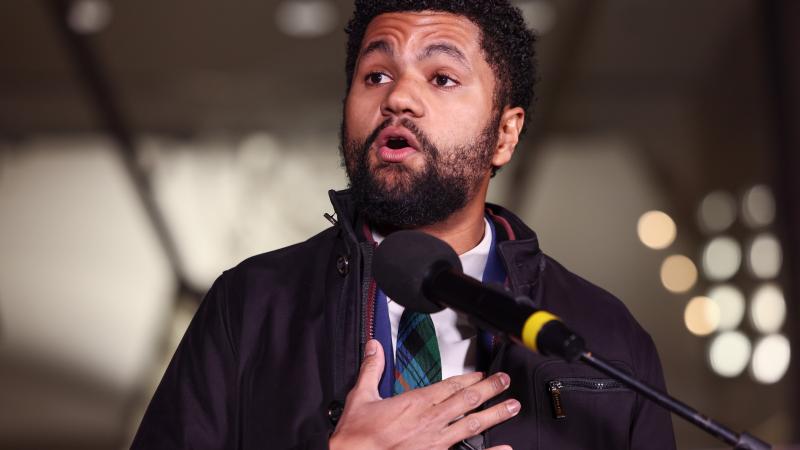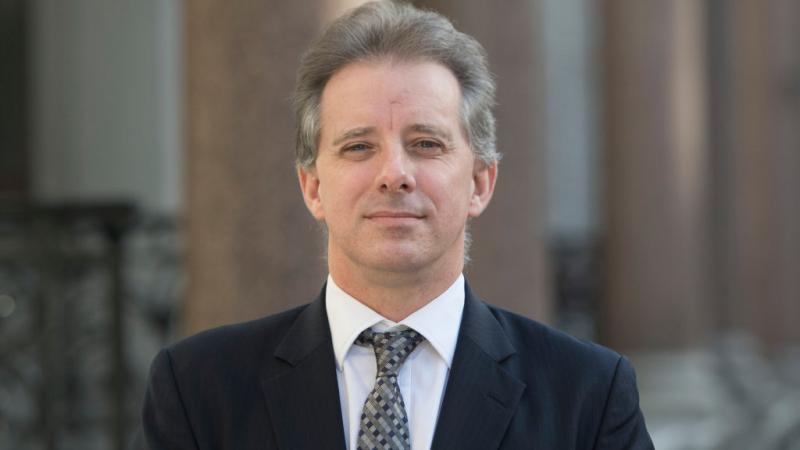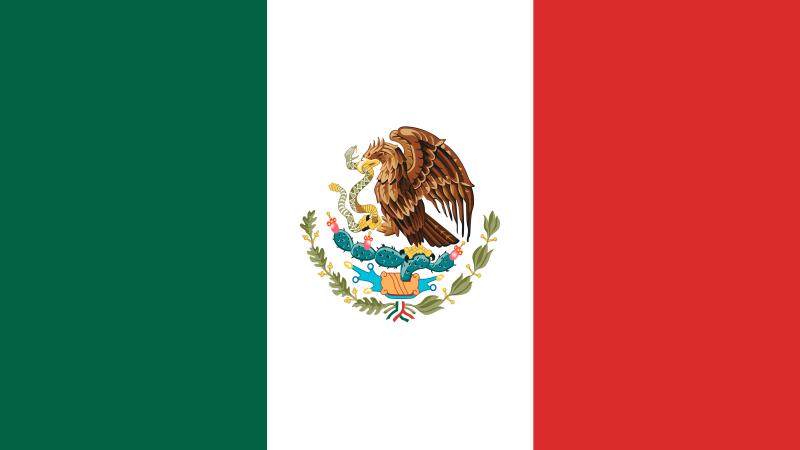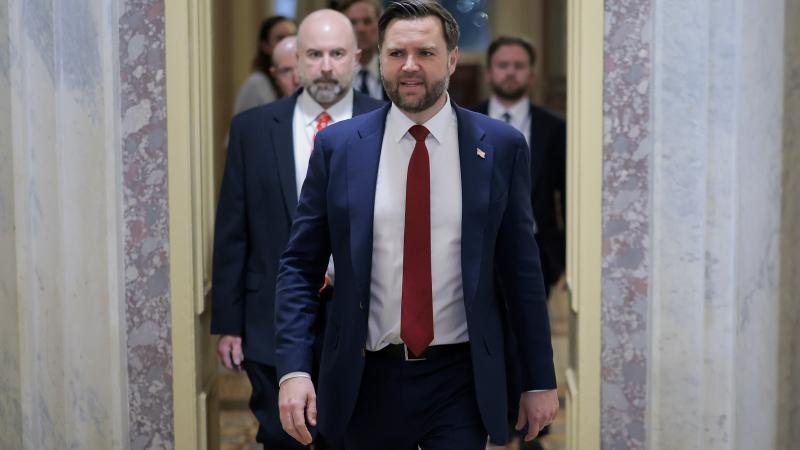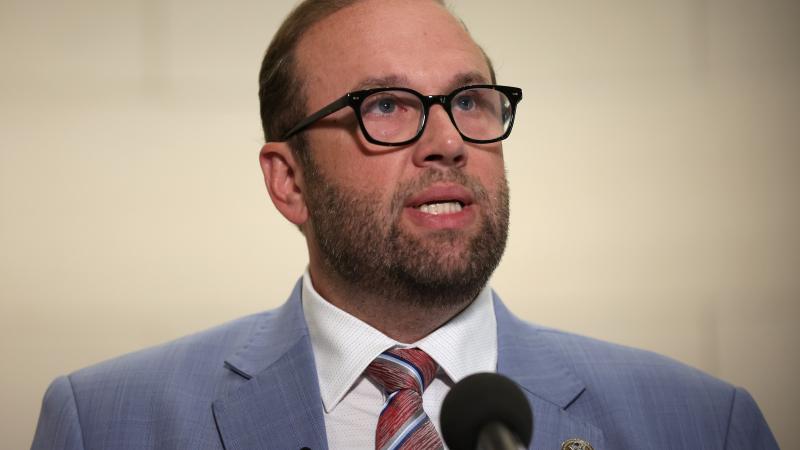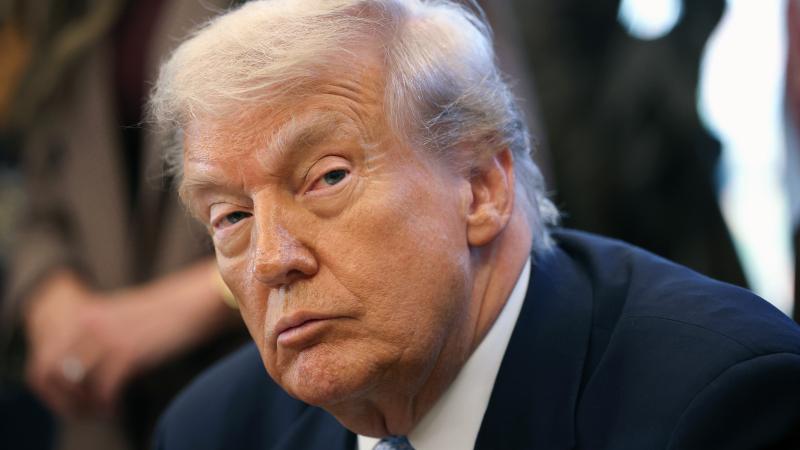Trump opens door to Senate sanctions bill as frustrations with Moscow grow
Previously skeptical of being belligerent towards Russia, Trump has hinted he’s now considering a tough sanctions bill against Moscow.
President Donald Trump has increasingly aired his frustrations with his Russian counterpart over stalled peace negotiations and continued attacks against Ukraine, building momentum in the Senate to move forward with a tough sanctions bill against the Russian Federation.
Until this week, Senate Majority Leader John Thune, R-S.D., has remained quiet about the fate of the bipartisan sanctions bill–proposed by Sen. Lindsey Graham and co-sponsored by 84 of his colleagues. The bill would be the toughest package against Russia yet since the beginning of the war.
Thune said on Tuesday that he would like to see Graham’s bill become law, saying it would “send a very strong message” to Putin and also show the “kind of leadership from us” that the Europeans are looking for. Thune added, however, that he will only move the bill forward with complete coordination with the House of Representatives and the White House.
“We want to make sure, when we move it, that we’re coordinating it with the White House, with the House,” Thune said. “It’s a very bipartisan issue here in the Senate. And I’m hoping that we’ll get the other entities in a place where there’s an opportunity for us to get this done.”
Trump's patience is wearing thin, but he wants more flexibility
Trump, impatient with Putin’s unwillingness to entertain even a temporary ceasefire, has grown warmer towards the idea of a sanctions bill which has encouraged the Senate to act. After previously calling the bill “very harsh,” Trump now says that he is now “looking at” the measure “very strongly.”
Though Trump is now more open to the measure, a source familiar with the president's thinking told Just the News that he would want adjustments to the current bill in order to provide more flexibility.
"The bill's current provisions do not provide enough flexibility to the president to carry out his desired foreign policy," the source told Just the News. "The White House is working with the legislature and sponsors to ensure that the bill is an enhancement to the president's foreign policy objectives and authorities."
In his earlier attempts to bring Putin and Ukrainian President Volodymyr Zelensky to the negotiating table, Trump declined to ratchet up sanctions on Moscow in the hopes of facilitating good-faith negotiations. But now, the American president has come to view Putin’s intransigence as the main sticking point in the ongoing efforts to find a diplomatic settlement in the Russia-Ukraine war.
"We get a lot of bulls*** thrown at us by Putin," President Trump said bluntly on Tuesday at a televised cabinet meeting. “He's very nice all the time, but it turns out to be meaningless," the president continued.
The president’s statements are a marked shift from early in his second administration when he often refused to criticize Putin or Russia’s attack on Ukraine in public in an effort to show his desire for peace and to avoid embarrassing the Russians while trying to secure a deal.
Though Trump repeatedly promised during the campaign to end the war against Ukraine within “24 hours,” the president’s pushes, prodding, and pleas for negotiations, for the most part, went unreciprocated by Moscow.
But, even then, Trump was reluctant to impose tougher sanctions measures to punish Russia, in part over worries that they would further drive the country into China’s arms, Just the News previously reported.
Difference between Putin's words and his actions
The Russian president’s actions, though, seems to have shifted Trump’s calculus. The calls for ceasefire and negotiations to end the conflict by the American president have only been met with repeated efforts to concretize Moscow’s war goals and continued attacks on Ukrainian cities.
In a phone call between the leaders on July 3, Putin told Trump that Moscow wants a negotiated end to the war, but that it would not back down from its maximalist goals that include permanent neutrality for Ukraine and neutralizing its military, Reuters reported. "Vladimir Putin, for his part, noted that we continue to seek a political and negotiated solution to the conflict," Kremlin aide Yuri Ushakov told reporters following the call.
"Our president also said that Russia will achieve the goals it has set: that is, the elimination of the well-known root causes that led to the current state of affairs, to the current acute confrontation, and Russia will not back down from these goals," Ushakov continued.
Since the beginning of the war, Russian officials have identified these “root causes” as Ukraine’s integration with the West primarily through collaboration with NATO. Earlier in the conflict, Putin said that Russia will fight on until it achieves Ukraine’s “demilitarization,” “denazification,” and permanent neutrality.
After speaking with Putin for almost an hour, President Trump later lamented that he “didn’t make any progress with him at all.”
“I’m very disappointed with the conversation I had today with President Putin, because I don’t think he’s there,” Trump said. “I don’t think he’s looking to stop” the war, “And that’s too bad.”
Following the conversation between the two leaders, Russia targeted the Ukrainian capital of Kyiv and other cities in one of the largest missile and drone attacks so far in the war. Russia has increased the rate of its missile and drone attacks on besieged Ukraine in recent months as the U.S.-negotiated ceasefire talks between the two countries have stalled.
Russia heightens military attacks on civilians
Trump criticized Putin for the ongoing onslaught at the same cabinet meeting on Tuesday.
“He’s killing a lot of people .... his soldiers and their soldiers, mostly, and it’s now up to 7,000 a week,” Trump said. “And I’m not happy with Putin…I’m very unhappy with them [the Russians].”
Senate Majority Leader Thune told PunchBowl News that an announcement about how the upper chamber will proceed on the sanctions bill could come as soon as this week.
Sen. Graham also told reporters that he has worked with the White House to adjust the bill in order to give the president greater waiver authority on the proposed sanctions, something Trump hinted would be important to preserve his flexibility in negotiations.
“It’s totally at my option. They pass it totally at my option, and to terminate totally at my option,” Trump said on Tuesday.
Bill would punish Russia's trading partners
The “Sanctioning Russia Act of 2025” would impose a 500% tariff on third-party countries that buy Russia’s oil, gas, uranium, and other products. That could affect friendly countries like China and Iran, as well as European Union members that continue to import Russian oil through the shadow fleet.
If a country does not comply, the legislation mandates the tariff rate be increased by another 500% every 90 days—a tough punishment for any third party doing business with Russia despite existing sanctions.
Sen. Graham has been working to try and secure the president's approval by giving him more authorities to waive the sanctions temporarily. This, Graham said, would give Trump the flexibility that he is after. The newest proposed version would give President Trump the option to waive those sanctions for up to 180 days, after which further waivers would require congressional approval, Graham said.
“President [Trump] is spot on about the games Putin is playing,” Graham posted to X. “The Senate will move soon on a tough sanctions bill – not only against Russia – but also against countries like China and India that buy Russian energy products that finance Putin’s war machine.”
He added, “The Senate bill has a presidential waiver to give President Trump maximum leverage.”
The Facts Inside Our Reporter's Notebook
Links
- the bipartisan sanctions bill
- he would like to see Grahamâs bill become law
- Thune said
- declined to ratchet up sanctions
- said bluntly on Tuesday
- reluctant to impose tougher sanctions
- would not back down from its maximalist goals
- Putin said that Russia will fight on
- one of the largest missile and drone attacks
- could come as soon as this week
- Trump said on Tuesday
- Sanctioning Russia Act of 2025
- Graham posted to X
